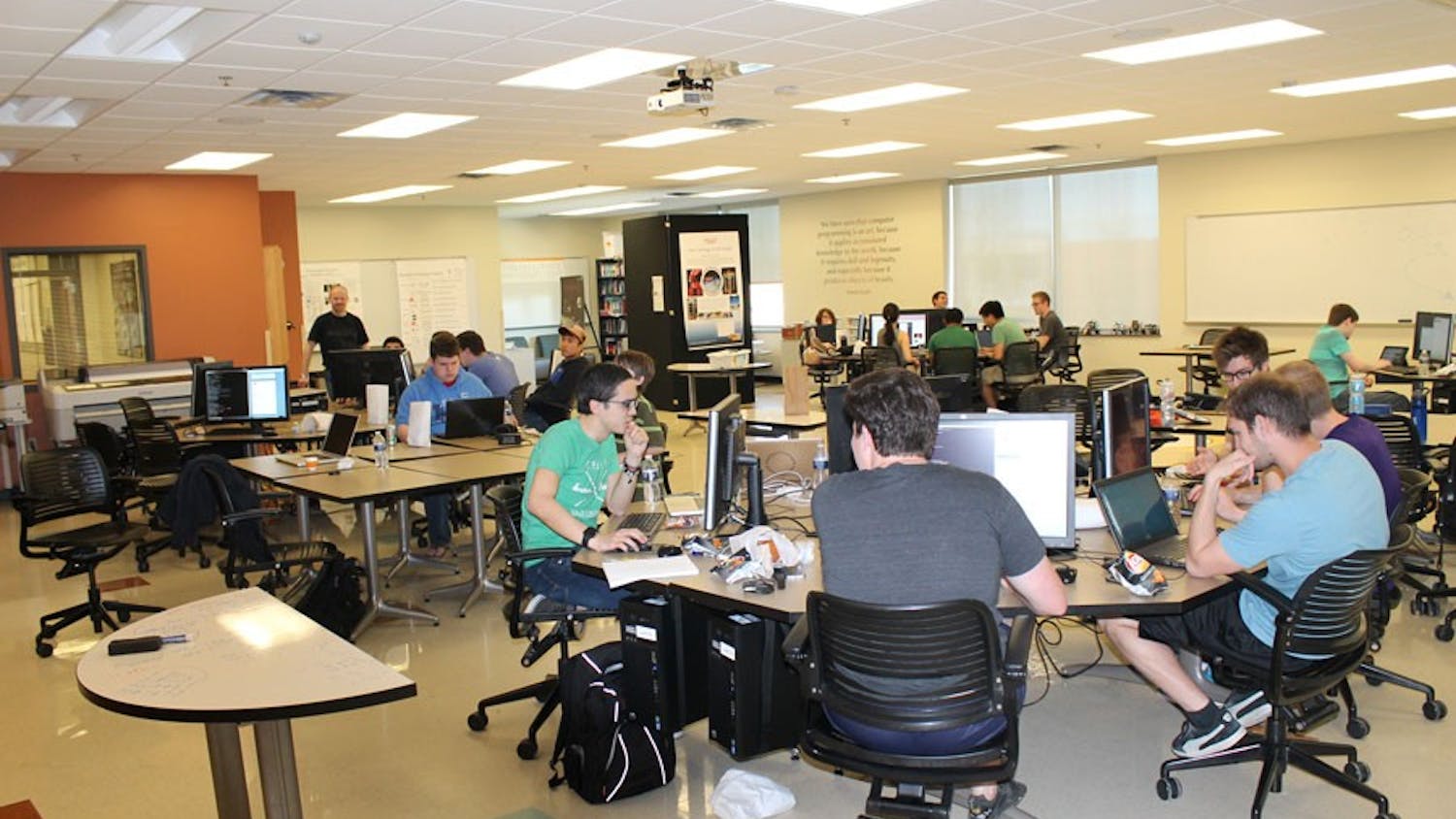By Katelyn S. Irons | Echo
Thieves have followed you into a dark alley. You're cornered. Pulling a small device out of your pocket, you say, "Find me." Tires squeal around the corner and a car screeches to a halt in front of you. This scene is inspired by the Batman movies of the '90s, but autonomous or self-driving cars are no longer something just in science fiction and superhero movies.
Not only are self-driving cars currently on the road, but scientists are working to develop artificial intelligence (AI) that would mimic the human mind and be able to respond to commands while driving, according to CNET. Researchers at MIT and Harvard University are working on this project. Others are wondering what this will mean for the future of driving and what benefits and risks we will be exposed to.
Current Self-Driving Cars
Self-driving cars made the transition from science fiction to reality with the creation of crash avoidance systems. The Ford Fusion is a good example of a car with these systems. It has a lane-keeping feature that gently pulls the driver back into his lane when the car drifts over, a driver alert that notifies before a potential collision, blind spot sensors and assisted parking features, according to MSN Autos. Currently, self-driving cars utilize radar, Lidar, GPS and computer vision to avoid crashes.
Currently, only three states-Nevada, Florida, California and Michigan-allow driverless cars. And none of these cars are being used by consumers as of yet. Google's self-driving cars are at the forefront of technology. Each car packs $150,000 worth of equipment including a $70,000 radar-like Lidar system, according to Mercury News. The vehicle is able to create a 3-D map of its environment to assure no crashes will take place.
Ninety percent of crashes are caused by human error, according to Consumer Reports.
"Computers have really good reaction times. They don't get distracted, drowsy, fall asleep and they don't drive drunk," Dmitri Dolgov, team lead for the Google self-driving car software, to told BusinessInsider. According to Dolgov, only one crash has occurred with a Google car, and it was when a human was in control.
Google expects to have self-driving cars on the market within five years. Audi, Ford, Toyota and Volvo are currently prototyping, according to BBC. Nissan unveiled a car in 2012 named the NSC-2015, but no updates have come on the car since, according to Engadget.
Future AI
"You know what confuses me?" - Mike Traceur
"There are not enough hours in the day to list all the things that confuse you." - K.I.T.T.
While the future of autonomous cars might not contain the sass of K.I.T.T. from "Knight Rider," the hope is that they will utilize graphics in an attempt to imitate the brain's visual cortex. Currently, researchers from MIT and Harvard University are working on an unfunded experiment with Linux computers and Nvidia GPUs.
"My long-term dream is to build a cheap, autonomous, and intelligent robot-car-like a Batmobile-that, if successful, could greatly improve security and health," said Nicolas Pinto, a Ph.D. student specializing in brain visualization research at MIT, to CNET.
Perhaps we will never reach the state of having our robotic cars give us relationship advice. But I think civilization will survive.



